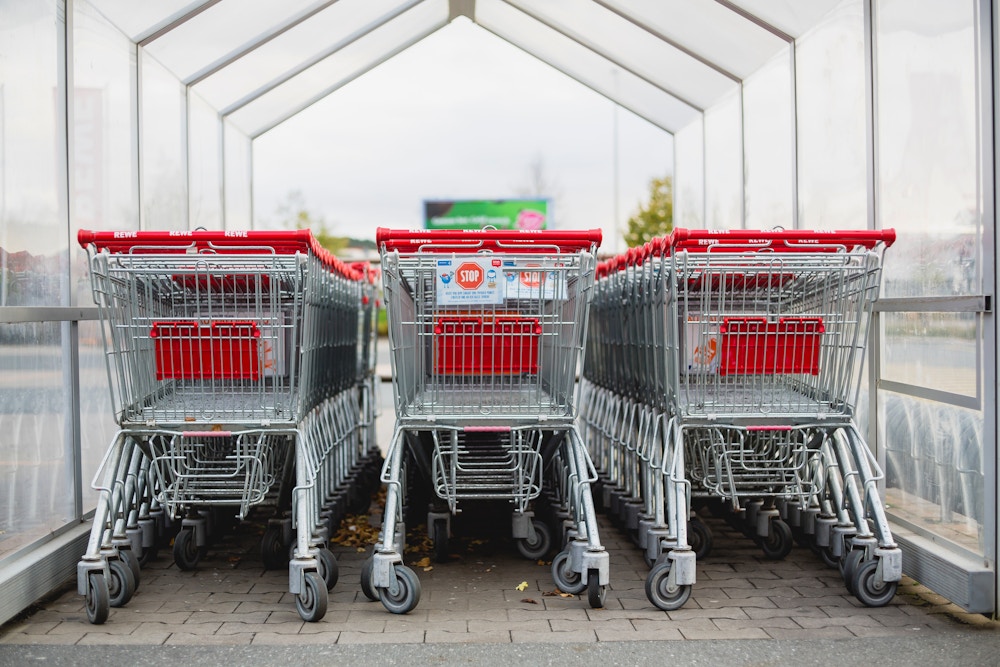Answer: The winners take risks to keep pace with the changing consumer.
It was great once again to join CNBC ‘s Squawk Box during a busy week of retail earnings reports to discuss an intriguing question: Why are some major retailers running far ahead of the pack while others are gasping for breath?
At issue: the year-to-date stock price changes of several retailers. Leading the field were Target (up 91%), Costco (up 48%) and Best Buy (up 40%). Meanwhile other retailers are facing meaningful challenges, such as Macy’s (down 50%), Kohl’s (down 29%) and Nordstrom (down 27%). Why the disparity in performance despite these retailers facing the same macroeconomic conditions and competing with the same sector-wide shift towards e-commerce?
Let’s take a look at what’s going on inside these companies that explains why some lead and others lag. I think there are at least three compelling reasons:
The winners are doing a better job of being merchants.
Traditionally, large retailers have worked mainly with large consumer product conglomerates like Nestle, Procter & Gamble and Kraft. They are caught in a rut and can’t seem to escape it. You witness this effect when you walk down any aisle at Macy’s – You don’t expect to see anything surprising or new, right?
By contrast, the winners realize that consumers are moving in a completely different direction. They are unafraid to utilize precious shelf space for emerging brands – many of which are born online, have a better-for-you, better-for-the-world ethos, and have authentic engagement with their customers through social and other online channels.
After your Macy’s visit, take a trip over to Target. Walk down their personal care aisle. You’ll see that many of their products are from newer, emerging brands. That isn’t an accident: Target has adopted a forward-thinking posture that embraces emerging brands, and it has reaped the benefits in customer loyalty and market cap.
They are transforming their retail stores into fulfillment centers.
Every retailer is trying to make e-commerce work in synergy with their physical stores. Virtually all of them have in-store pickup of items ordered online, but some are taking it a step further.
Take Home Depot, which has installed smart lockers inside its entrances so online orders can be picked up in seconds by do-it-yourselfers or contractors. Anyone who has visited Home Depot for a minor piece of hardware – has spent 20 minutes hunting and another 10 checking out – can grasp what a game-changer these lockers will be.
Target has taken the quick-pickup idea a step further. In addition to in-store pickup (at the courtesy desk) of items ordered online, some stores also offer a drive-up service. Consumers order with their phones and, receive an alert when the order is ready, and simply ping the store when they’re on their way over. Once they’ve arrived, a staffer jogs out with the merchandise.
Now, let’s consider that Target is innovating in this way after having paid a half-billion to buy delivery network Shipt so it could offer same-day shipping to customers in many parts of the country. What it tells us is that Target is significantly ahead of its competitors in integrating its online and in-store experiences so customers get what they want – quickly – with the fewest hassles and headaches.
They are great at creating and selling private-label products.
Private-label brands represent the Keys to the Kingdom for retailers – they help to monetize store traffic while delivering enhanced margins. The best retailers ensure that their store brands represent a good value to the consumer, and that they don’t feel like a step down in quality. A good model for this is Costco, whose Kirkland brand generates over $40 billion in revenue on more than 100 everyday products.
Target seems to have had success with its Archer Farms and Simply Balanced brands. But, in another sign of their drive and innovation, they just announced that they’re consolidating their food and beverage brand under a new private label, Good and Gather (which hints, I think, at the desire to appeal to the new consumer I mention above).
Walmart, of course, has many well-established and popular brands: Sam’s Choice, Great Value and Equate, to name a few. But, they also have been willing to take a few risks by acquiring new, emerging brands to attract a wider variety of consumers. For example, they bought Bonobos and ModCloth, two clothing companies that were born online. So, they’re opening up avenues to consumers who want a new, interesting product array – and who want to touch before they buy.
Advice to Lagging Retailers: Take Risks!
We often have conversations with retailers on their strategic priorities and how they’re grappling with the disruption in their respective sectors. My sense is that many are facing a two-fold issue. First, their companies are distressed, which makes it hard to think strategically. And, second, they’re often risk-averse, with their decisions being guided by the same retail executives and retail boards for many years. They are stuck in their ways and don’t appear to be transforming their businesses with enough sense of urgency.
I’ve noticed that some retailers acknowledge this challenge, and have shaken up their boards by bringing in members with e-commerce backgrounds. They appreciate that the posture of not taking risks is in fact the riskiest posture for them to take in this time of great disruption. They are trying to adopt a more innovative, disruptive business model, and their attitudes toward emerging upstart brands is one of respect and an appeal for partnership.
They know that these upstarts can help them move more quickly – to keep up with the changing consumer – and to stay in the race rather than be left on sidelines in the new retail marketplace.
Check out the full interview on CNBC Squawk Box below:
Photo by Markus Spiske on Unsplash

